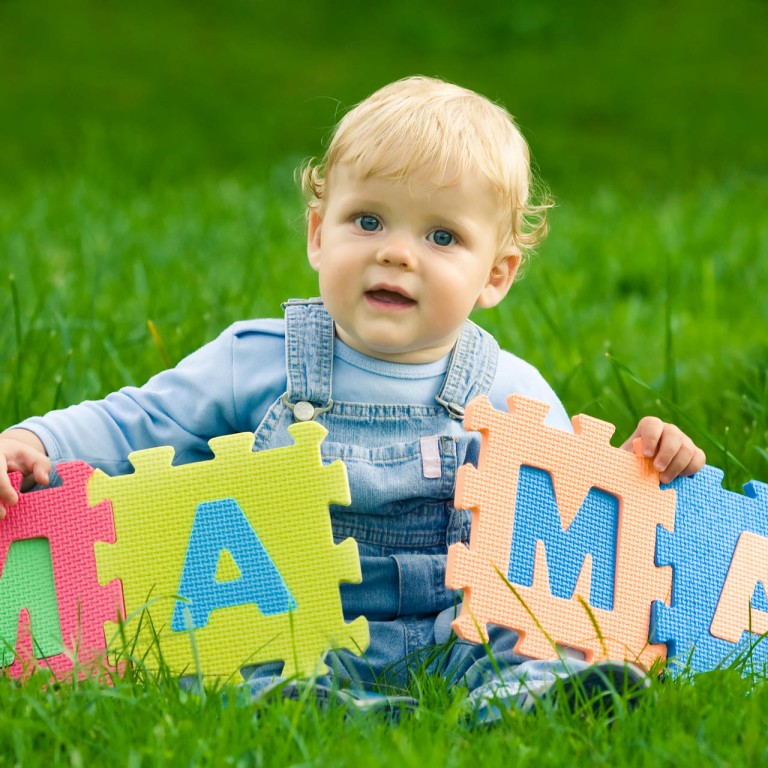This year's edition of annual charity run Beat the Banana! on March 17 will be a real family affair. A one-kilometre Kids Banana Run has been introduced by the race organiser, World Cancer Research Fund Hong Kong, to get children aged eight and under involved. Just as in the usual three-kilometre Fun Run undertaken by families, participants will chase after someone dressed as a banana - the Banana Kid - who will be selected through online voting. A Banana Man for the three-kilometre race has been picked: former Australian national athlete Troy de Haas, the winner of last year's three-kilometre race. There'll also be a six-kilometre Elite Race with a prize of a return flight to London. All races run along the Tsim Sha Tsui East Promenade. To sign up, go to
wcrf-hk.org All funds raised will go to support the fund's cancer-prevention work.
Babies growing up in a bilingual environment develop strategies to distinguish between - and begin to learn - the two languages from as young as seven months, according to new research published in the journal . The study, by the University of British Columbia and Université Paris Descartes, shows that such infants use pitch and duration cues to identify the languages, particularly those with very different grammatical structures, such as English and Japanese. In English, a function word comes before a content word (the dog, his hat, with friends, for example) and the duration of the content word is longer, while in Japanese or Hindi, the order is reversed, and the pitch of the content word is higher. "Your baby is very equipped to keep these languages separate and they do so in remarkable ways," says UBC psychologist Janet Werker, a co-author of the study.











